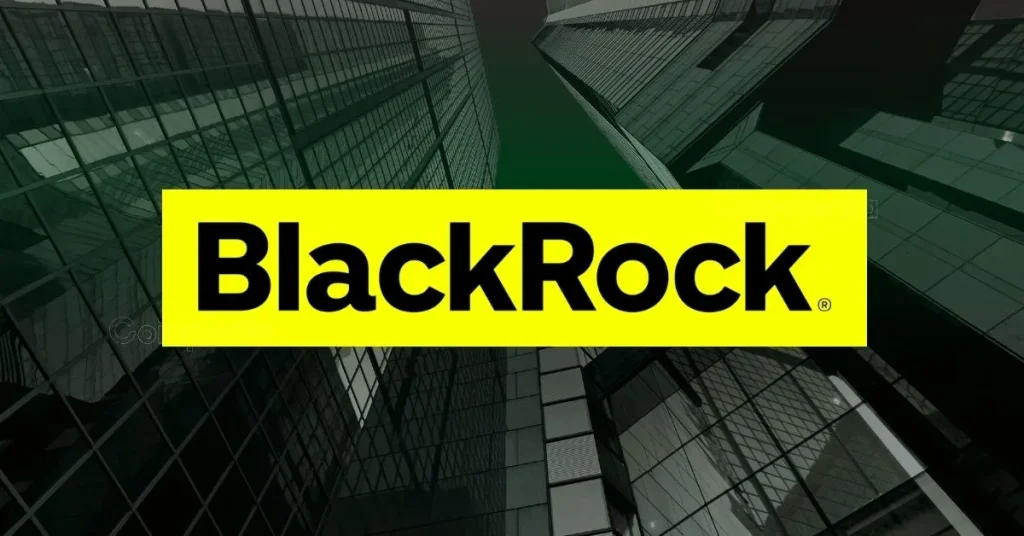
The post More Trouble For Algorithmic Stablecoin – IMF Director appeared first on Coinpedia - Fintech & Cryptocurreny News Media| Crypto Guide
The director of monetary and capital markets of the International Monetary Fund (IMF), Tobias Adrian, believes that uncollateralized and algorithmically-stablecoins might experience further sell-offs amid the ongoing crypto winter.
In an interview with Yahoo Finance on July 27, Tobias Adrian stated that there could be more failures of “coin offerings”, in particular the algorithmic stablecoins.
“We could see further selloffs, both in crypto assets and in risky asset markets, like equities… there could be further failures of some of the coin offerings – in particular, some of the algorithmic stablecoins that have been hit most hard, and there are others that could fail.”
The IMF director also pointed out that there are “some vulnerabilities” of certain fiat-backed stablecoins, referring to tether, which he claims is not “backed one-to-one” with the United States Dollar (USD).
Adrian stated a need for a “global regulatory approach” for stablecoins to ensure better protection of investors. He mentioned that while it might be difficult to assess the security of each cryptocurrency, the regulators’ should ensure that crypto exchanges and wallet providers do their due diligence on coins before marketing them.
Terra USD (UST), also known as TerraClassicUSD is the most notable algorithmic stablecoin which crashed in May and wiped out $40 billion in market value, as it lost its price peg. It is currently priced at $0.04 USD. Deus Finance’s DEI stablecoin also collapsed in May and currently is at $0.18.
Tron’s algorithmic stablecoin USDD plummeted to $0.91 in June. It was after $700 million of USDC was added to its reserves, that USDD finally regained its price peg.
Sam Kazemein, the founder of Frax Finance, the company behind FRAX stablecoin, told Cointelegraph that purely algorithmic stablecoins “just don’t work.” Whereas he stated that “decentralized on-chain stablecoins […] need to have [traditional] collateral.”

 2 years ago
140
2 years ago
140














 English (US) ·
English (US) ·